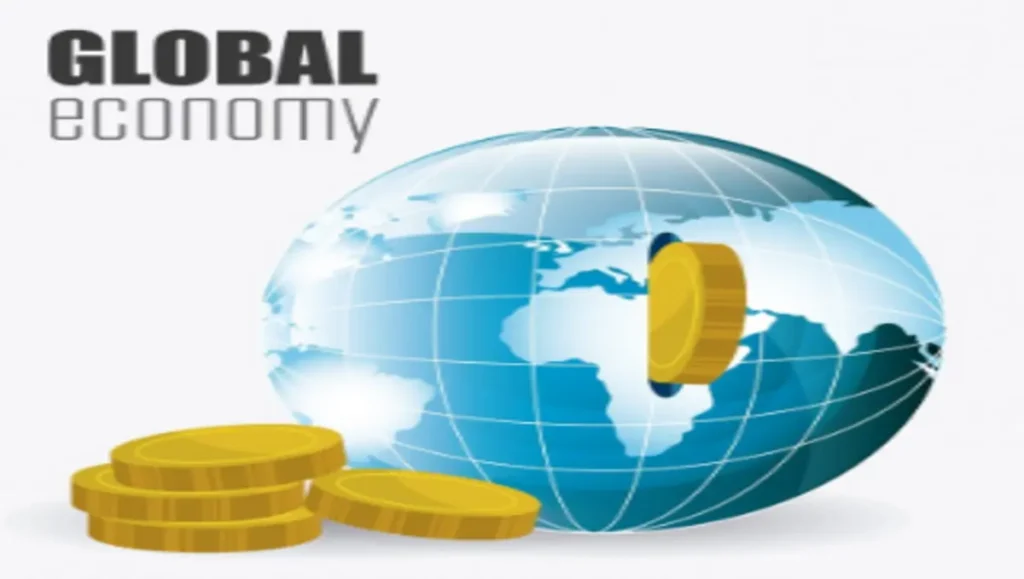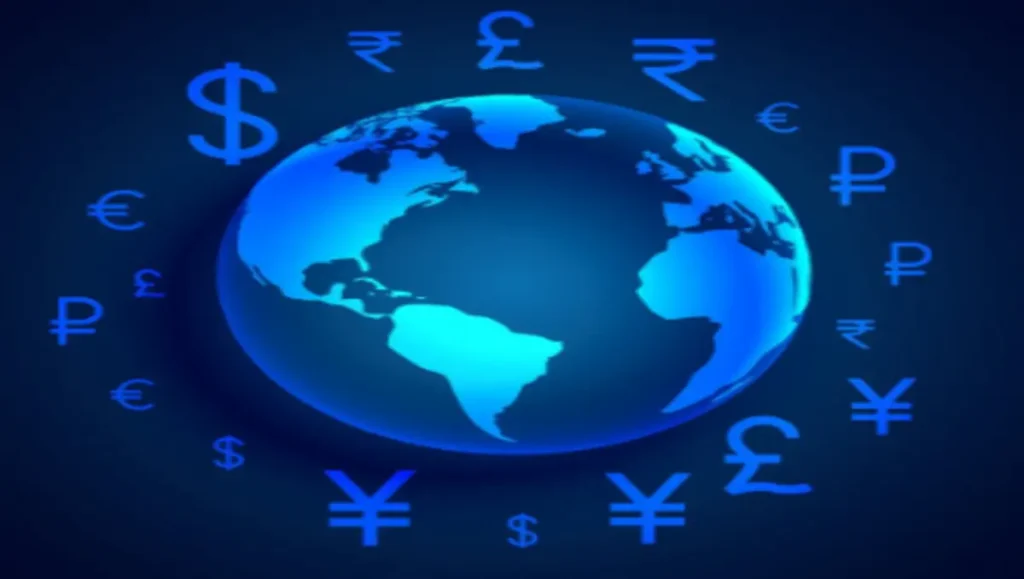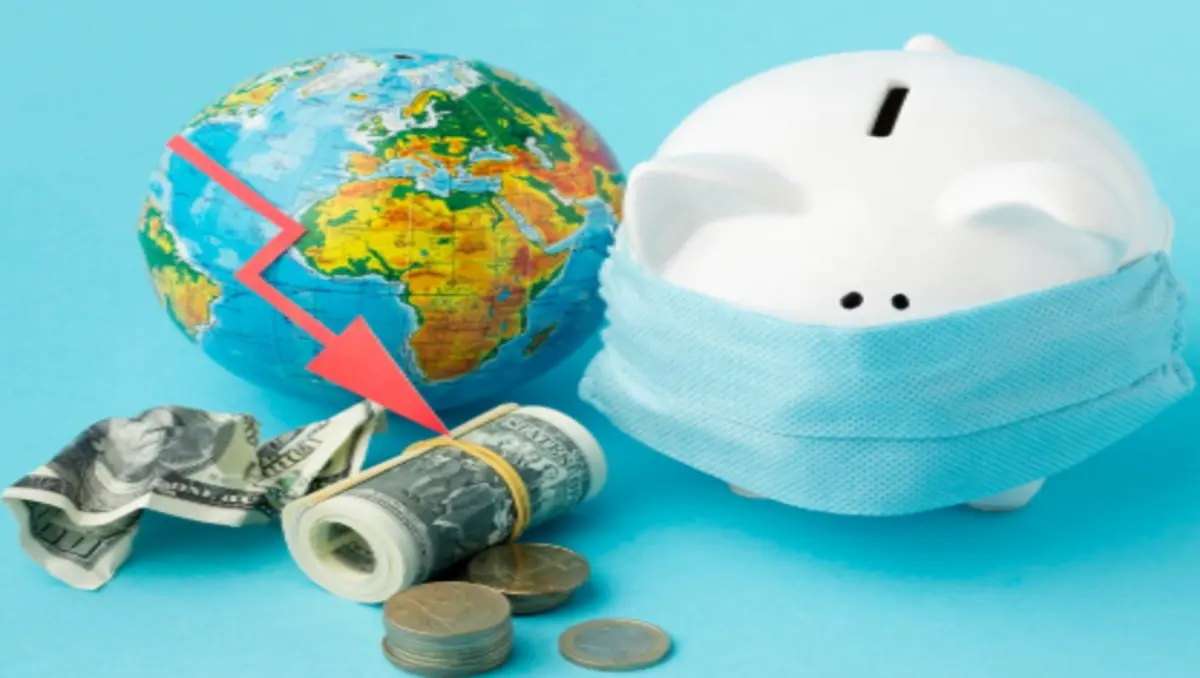Investing can sometimes seem like a daunting task, especially if you’re new to the world of finance. Whether you’re just starting your investment journey or you’re looking to diversify your portfolio, global mutual funds might be the perfect solution for you. These investment tools offer a simple, effective way to gain exposure to global markets, reduce risk, and potentially enhance your returns. But what exactly are global mutual funds, and how can they benefit your portfolio? Let’s explore this topic in detail.
What Are Global Mutual Funds?
In simple terms, a mutual fund is a pool of money collected from various investors to invest in a diversified portfolio of stocks, bonds, or other assets. Global mutual funds, specifically, are mutual funds that invest in assets from multiple countries, rather than focusing on one particular region or market.
These funds are designed to provide investors with exposure to global financial markets, meaning they hold a wide range of international stocks, bonds, and other financial instruments. The goal is to offer diversification across different economies, industries, and market conditions.
How Do Global Mutual Funds Work?
Global mutual funds work similarly to regular mutual funds. Here’s a step-by-step breakdown:
- Investment Pool: Investors contribute money to the fund, and the fund manager uses this pooled money to buy various assets across different markets worldwide.
- Diversification: Instead of investing in stocks from only one country (e.g., U.S. stocks), global mutual funds invest in companies and bonds from various regions, including developed markets (like the U.S. and Europe) and emerging markets (like Asia and Africa).
- Professional Management: Fund managers are responsible for selecting the assets that make up the fund’s portfolio. These professionals actively manage the fund by analyzing global markets and adjusting the portfolio accordingly.
- Risk Management: By investing across different countries and regions, global mutual funds help spread risk. If one region’s market faces a downturn, other regions may still perform well, balancing the overall risk.
Why Invest in Global Mutual Funds?
Global mutual funds offer several unique benefits to investors, which is why they have gained popularity over time. Let’s explore some of these advantages:
1. Diversification Beyond Borders
One of the primary reasons to invest in global mutual funds is diversification. Investing in a global fund allows you to spread your investments across multiple countries, industries, and sectors, reducing the risk of relying on a single market or economy. This diversification can help protect your portfolio from local economic downturns, as not all global markets move in the same direction.
For example, if the stock market in the United States is performing poorly, other regions like Asia or Europe might be doing well, balancing out the losses from U.S. stocks.

2. Access to Emerging Markets
Global mutual funds often invest in emerging markets, which are developing economies that may offer significant growth opportunities. These markets tend to have higher growth potential than developed markets because they are still in the early stages of industrialization, with increasing consumer demand, rising incomes, and expanding infrastructure.
Investing in emerging markets through global mutual funds can provide exposure to economies that have the potential for high returns but might be too risky for individual investors to access directly. Funds that focus on emerging markets typically offer a higher risk-reward ratio.
3. Currency Hedging
When investing in international markets, one key risk is currency fluctuation. If you’re investing in a fund that holds assets in foreign currencies, changes in the exchange rates could impact your returns. For instance, if the U.S. dollar weakens against the euro, your investment in European stocks could lose value when converted back to U.S. dollars.
However, many global mutual funds actively manage this risk by implementing currency hedging strategies, which aim to reduce the impact of exchange rate fluctuations. This makes global funds a safer option for those looking to invest internationally without the added complexity of currency risks.
4. Exposure to Global Growth Opportunities
Global mutual funds provide you with the opportunity to invest in some of the world’s best-performing economies and industries. With a global fund, you’re not limited to the opportunities available in your local market; you can invest in tech giants in Silicon Valley, fast-growing companies in China, or innovative startups in Europe, all in one fund.
This exposure to various industries and markets opens the door to growth opportunities that you might not find in your domestic economy. It also helps in staying ahead of global trends, whether it’s the rise of green energy, advancements in technology, or new sectors such as biotechnology.
5. Professionally Managed Investments
Managing a portfolio that includes international investments can be challenging for individual investors. Global mutual funds eliminate this burden by providing professional management. Fund managers are experienced in handling the complexities of global markets and will make informed decisions based on their analysis of each region’s economic conditions, market trends, and geopolitical events.
For an investor, this means you can benefit from the expertise of professional managers without needing to spend time researching and managing your investments actively.
Risks Associated with Global Mutual Funds
While global mutual funds offer many advantages, there are also risks that you should be aware of before making an investment. Let’s take a look at some of these risks:

1. Geopolitical Risks
Investing in global markets exposes you to geopolitical risks. Political instability, trade tensions, and changes in government policies can all affect the performance of international markets. For example, tariffs, sanctions, or wars in certain regions can lead to sharp declines in asset prices.
2. Currency Risk
As mentioned earlier, investing in foreign markets means your investments are subject to fluctuations in exchange rates. While currency hedging can reduce this risk, it can’t eliminate it entirely. Therefore, if a global mutual fund invests heavily in a country with a volatile currency, your returns could be impacted by changes in the exchange rate.
3. Market Volatility
Different global markets have varying levels of volatility. For instance, markets in emerging economies tend to be more volatile than developed markets. A sudden market crash or economic downturn in a particular region can cause significant losses for global mutual fund investors.
4. Management Fees
Global mutual funds often come with higher management fees compared to domestic mutual funds due to the added complexity of managing international investments. These fees can eat into your returns over time, so it’s essential to consider them when choosing a fund.
How to Choose the Right Global Mutual Fund
Selecting the right global mutual fund can be tricky, especially given the variety of funds available. Here are a few tips to help guide your decision:
1. Identify Your Investment Goals
Before choosing a fund, it’s important to understand your investment goals. Are you looking for long-term growth, or are you interested in generating short-term income? Your investment goals will help determine whether a fund’s strategy aligns with your needs.
2. Check the Fund’s Holdings
Each global mutual fund has its own investment strategy, so take the time to review the fund’s holdings. Some funds may focus on certain regions, industries, or countries, while others may have a broader, more diversified approach.
3. Review the Fund’s Performance
Past performance isn’t a guarantee of future results, but it can provide insight into how the fund has managed different market conditions. Make sure to compare the fund’s performance with its benchmark index to see if it has consistently delivered competitive returns.

4. Understand the Fees
Pay attention to the fees associated with the fund. These can vary significantly depending on the fund’s management style and the markets in which it invests. Look for a fund that offers good value in relation to its fees.
Conclusion
Global mutual funds provide investors with an opportunity to diversify their portfolios, gain exposure to international markets, and access growth opportunities around the world. By investing in these funds, you can mitigate the risks associated with domestic-only investments and enjoy the benefits of professional management.
read more for related post
https://financekhush.com/mutual-fund-advice-a-simple-guide-2025/
However, it’s important to be aware of the risks involved, including geopolitical factors, currency fluctuations, and market volatility. By conducting thorough research and selecting the right funds that align with your investment goals, you can build a robust portfolio that stands the test of time.
faq’s
1. What are global mutual funds?
Global mutual funds are investment vehicles that pool money from multiple investors to invest in a diversified portfolio of assets from various countries, regions, or markets. These funds give investors exposure to international stocks, bonds, and other securities, helping to diversify beyond a single country or region.
2. How do global mutual funds differ from domestic mutual funds?
The primary difference between global and domestic mutual funds is the geographic scope of the investments. While domestic mutual funds invest primarily in assets within one country, global mutual funds invest across multiple countries, including both developed and emerging markets. This broader diversification helps mitigate risks tied to one specific economy.
3. Why should I invest in global mutual funds?
Investing in global mutual funds offers several benefits, such as:
- Diversification: Exposure to global markets helps spread investment risk.
- Growth opportunities: Access to emerging markets with high growth potential.
- Professional management: Fund managers actively manage the global portfolio.
- Currency hedging: Some funds use strategies to manage currency risk, protecting you from exchange rate fluctuations.
4. What are the risks associated with global mutual funds?
Like all investments, global mutual funds come with risks, including:
- Geopolitical risk: Political instability or changes in government policies can affect international markets.
- Currency risk: Fluctuations in exchange rates can impact the value of investments.
- Market volatility: Some international markets, especially emerging ones, can be more volatile than domestic markets.
- Higher fees: Global mutual funds might come with higher management fees compared to domestic funds.
5. How do I choose the best global mutual fund?
To choose the best global mutual fund, consider the following:
- Investment objectives: Ensure the fund aligns with your long-term or short-term financial goals.
- Fund performance: Review historical performance and compare it to similar funds or a relevant benchmark.
- Diversification: Look for a fund with a good mix of assets across different regions, sectors, and industries.
- Management fees: Understand the costs associated with the fund, including the expense ratio and other management fees.
6. Are global mutual funds suitable for beginners?
Yes, global mutual funds can be suitable for beginners. They offer a simple way to invest internationally without requiring in-depth knowledge of global markets. The diversified nature of these funds helps reduce risk, making them a good choice for those starting to build a portfolio.
7. What are the tax implications of investing in global mutual funds?
The tax treatment of global mutual funds depends on the investor’s country of residence and the tax laws that apply to international investments. Generally, you may have to pay taxes on income or dividends earned from foreign investments, and in some cases, you may be subject to foreign taxes as well. It’s best to consult a tax advisor for specifics regarding your situation.
8. Can I invest in global mutual funds through a retirement account?
Yes, you can invest in global mutual funds through retirement accounts like IRAs, 401(k)s, or other tax-advantaged accounts, depending on your country’s retirement saving plans. Using retirement accounts can provide tax benefits and help grow your investments for the long term.
9. What types of assets do global mutual funds invest in?
Global mutual funds typically invest in a variety of assets, including:
- Stocks: Equities from international companies.
- Bonds: Debt securities issued by governments or corporations in various countries.
- Commodities: Investment in natural resources or other physical assets.
- Real estate: Investments in international real estate markets.
The fund manager will choose a mix based on the fund’s strategy and goals.
10. How are global mutual funds affected by currency fluctuations?
Global mutual funds that invest in foreign assets are exposed to currency risk, as the value of your investment could be affected by changes in exchange rates. For example, if the value of the U.S. dollar decreases against the euro, any returns from European investments could be lower when converted back to U.S. dollars. Some global mutual funds mitigate this risk through currency hedging strategies, but not all funds use these techniques.

1 thought on “Global Mutual Funds: A Complete Guide to success in 2025”